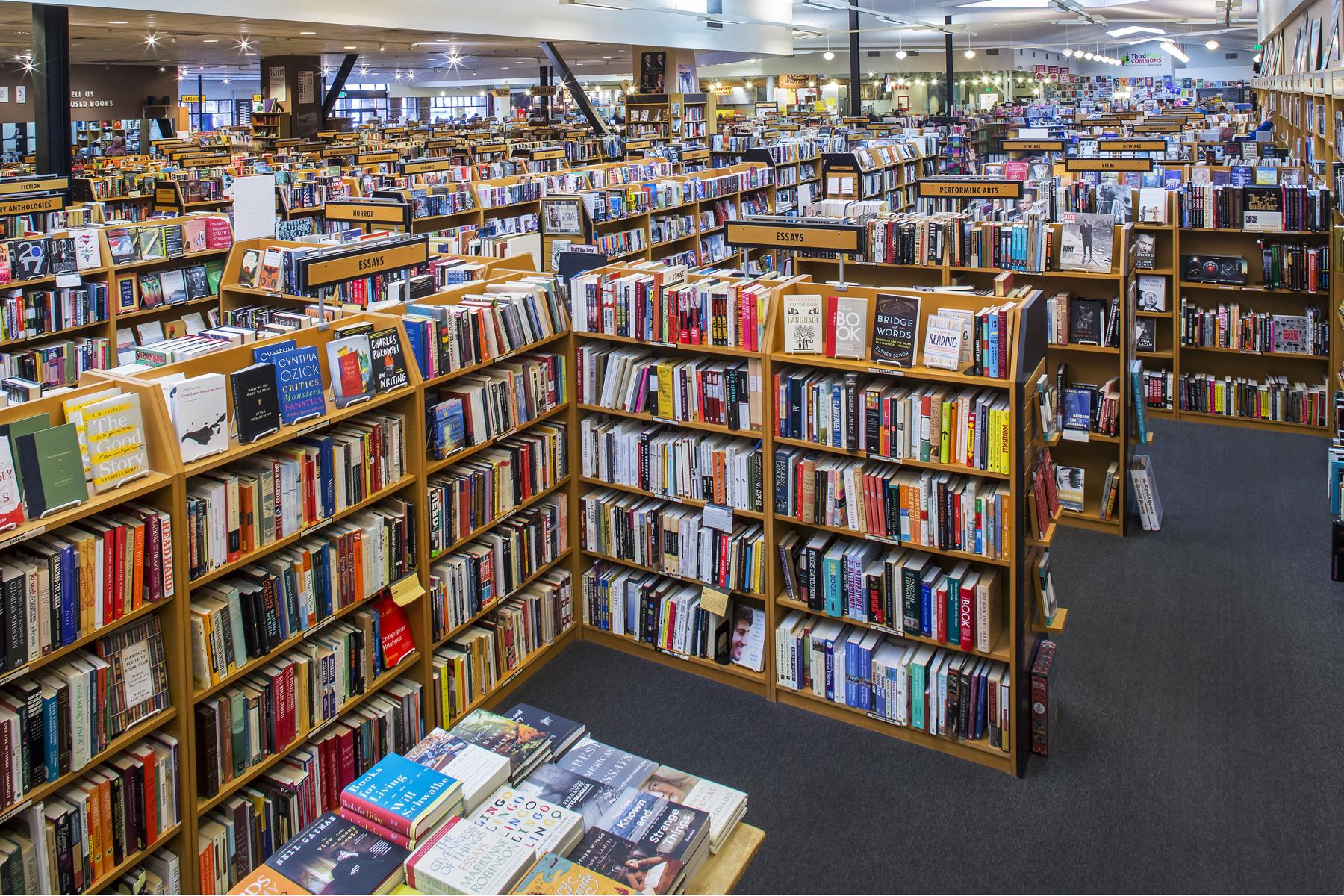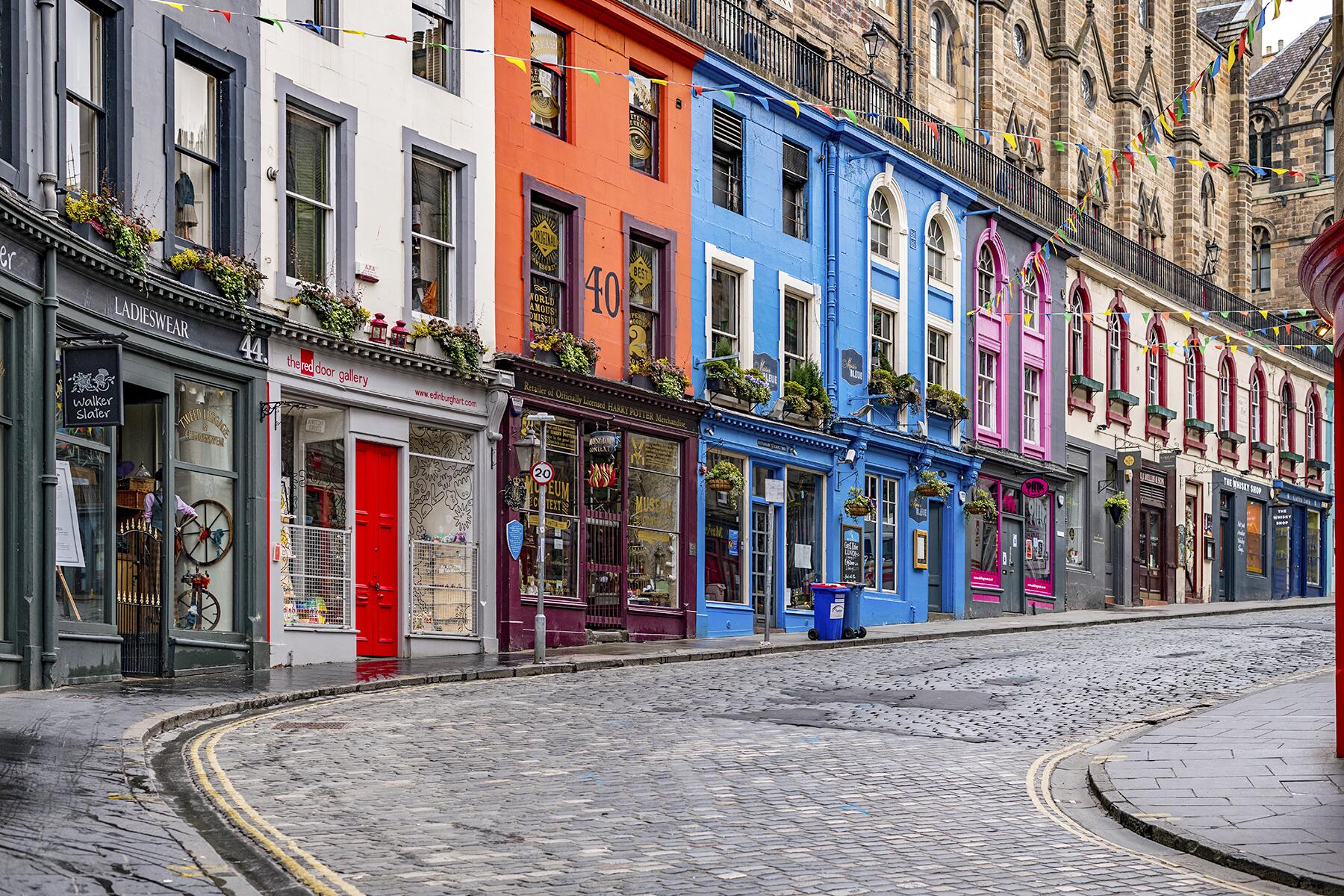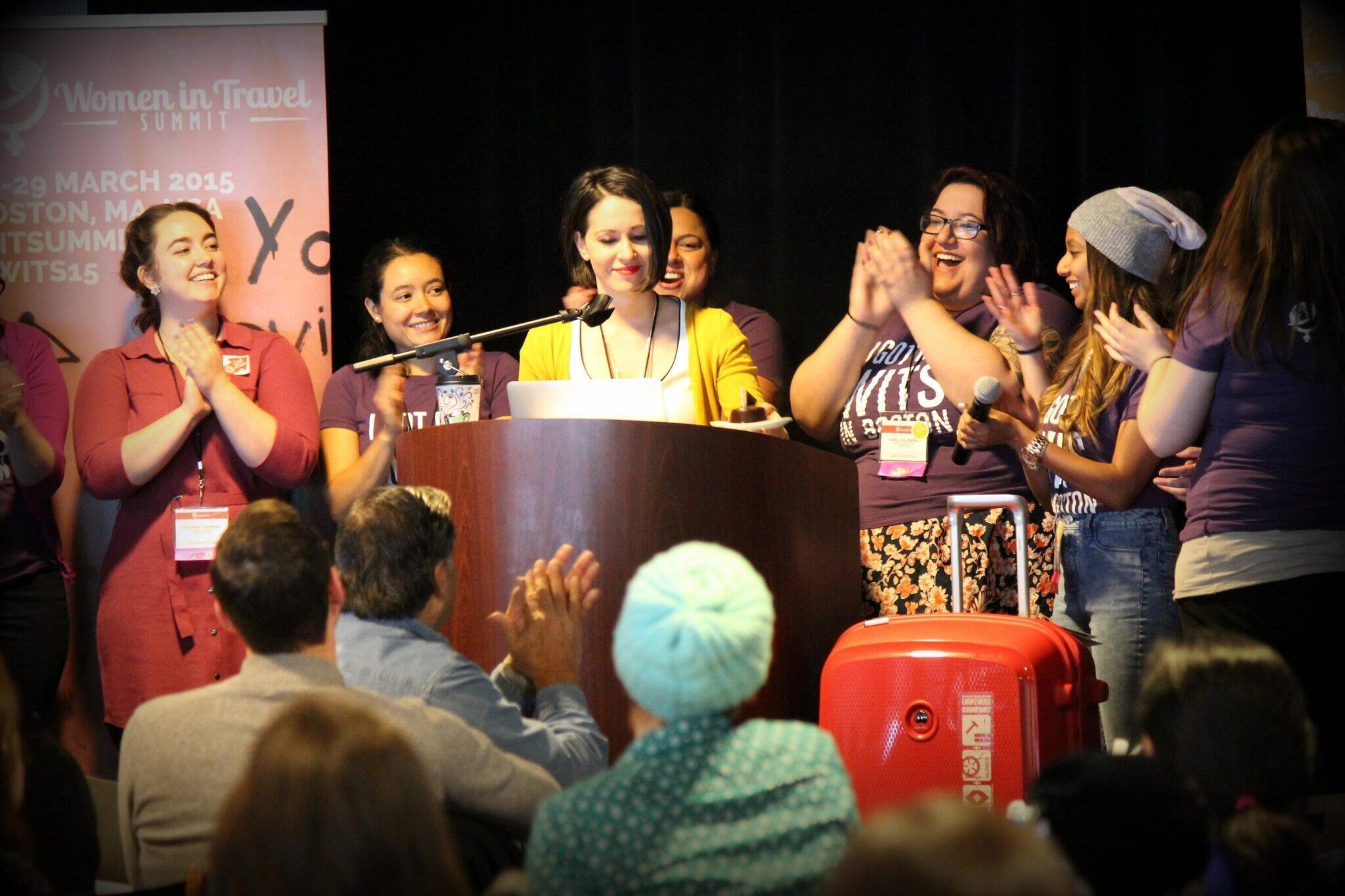We chatted with Danny Pellegrino, the (iconic) writer, podcast host, and comedian about his memoir, 'How Do I Un-Remember This: Unfortunately True Stories.'
Maybe you’re the kind of person who loves the Real Housewives franchise so much you find a way to work it in to every story you work on. Maybe you’re a fatigued millennial (multiple wars, a housing crisis, and a few thousand in student debt–but who’s counting?). Maybe you just like to laugh.
Any and all of the above can find respite and comfort in Danny Pellegrino’s online presence–a delightful and hysterical smattering of pop culture, odes to rom coms, and nostalgia. Somehow Danny’s enthusiasm and joy, in a time so riddled with snark and general malaise, feel fresh and effervescent.
Listening to his podcast or scrolling through his feed feel like a buoy navigating you through the dark waters of 2022. And don’t we all need a little of that right now? We do!
So Danny joined us for a call on a breezy early spring morning to chat all things 2000s nostalgia, latent millennial angst, and of course…the Real Housewives. In his new book, How Do I Un-Remember This?: Unfortunately True Stories he dives deep into all of the above, recounts embarrassing adult and childhood memories, and shares deeper stories about coming out and dealing with depression and grief, all with his signature brand of warmth and humor.
Recommended Fodor’s Video

How did you choose which moments and stories from your life to tell in your book?
Doing my podcast, one of the things I noticed is I would often be in the middle of talking about Housewives and I would say, “Let’s take a little detour,” and would tell a story about a family vacation or a bad date or these life events. And when I started touring right before the pandemic, I noticed people would come up to me and they would say, “Oh my God I love that story about your mom and the woodpecker,” or whatever it was, and I grew up reading David Sedaris’ books and I love an essay collection–so it was always a dream of mine.
I was a ghostwriter before I started the podcast. And the ultimate goal was to write my own essay collection. I just wanted the chapters to be stories that people could pick up and read by the pool or beach and hopefully have a few laughs and think about their own bad dates and family life.
And then I do address some heavier topics, I didn’t want to ignore the drama. I do address my depression and grief in hopefully a way that’s very relatable.
What was it like going to those places to write the book?
Some of it was unexpected. I was on this pretty disastrous date [where I ended up] crying in this fast food restaurant that a guy took me to. I always thought [that story] was really silly and funny. And then when I went to write the story, I realized it had so much to do with the death of my grandmother. It came up unexpectedly and rather than ignoring it, I tried to embrace it.
People can handle the darkness more than we give them credit for. Even as a child, my favorite book was Bridge to Terabithia, which is all about grief and [it’s] so intense but I think that kids can handle it and it’s a great way to teach kids about grief. So I always kept that in mind, like whatever emotion was coming out, ultimately I wanted this book to be a source of joy and to feel like a warm hug. I never wanted to ignore the heaviness that comes through all that. I find that the most authentic things are the things that embrace that. I tried to just embrace [the darkness].
Even if someone isn’t necessarily familiar with you or your podcast I feel like they’ll be able to pluck this book off a shelf and immediately sense your warmth, the way your humor skews, and identify with it–mainly because you have such a sense of authenticity.
I really try to just embrace the things that I like. Even when I was starting my podcast, the word “iconic” had been used so much on social media and I kept seeing it pop up and I think there’s a cynical part of all of us that could look at that word and be like, “Ugh, it’s overused, it’s annoying, it’s exhausting, whatever.” But I think there’s another part of us that could say, “Oh that’s great, people are celebrating things that they love.” And even if it’s a stupid thing that they love, at least they’re celebrating it. I think it’s so important for us to celebrate our [pop culture interests]…those things that bring us joy. So I think I always try to remind myself of that. And I try to put that before tearing down the things that I don’t love.

There’s been a lot of online chatter regarding millennials clinging to nostalgia as a coping mechanism or comfort food–your Instagram harnesses that so, so well. (See joyful clips from The Birdcage, or Jessica Thursday, a series entirely devoted to Jessica Simpson content, or old Rosie show clips). Do you think that’s true?
Now more than ever I think people are finding comfort in nostalgia and so I think that we all wanna be transported to our youths, even though in our youths it might not have been the best of times. I think we all want to be transported a little bit and “check out” from our current reality.
Speaking of Rosie and nostalgia–I feel like we got these natural successors to The Bonnie Hunt Show and The Rosie O’Donnell Show with Drew Barrymore and Kelly Clarkson and their daytime shows. They navigate zaniness and playfulness and warmth expertly.
And we feel comforted because so many of us grew up with them. I mean I voted for Kelly on American Idol.
I remember sobbing watching Kelly sob through “A Moment Like This”!
Yeah. Yeah! I mean, I love a talk show. I’m fascinated by what talk shows work, why they work, and there’s even a full chapter in the book. I was writing my Acknowledgements section and it basically turned into a full on ode to talk shows and so there’s a whole chapter just talking about who I love and obviously Rosie was a big influence but I loved watching the Today Show, I loved watching Kelly Ripa and Regis and Kathy Lee.
I know you’re good friends with fellow icon Casey Wilson, and in her recent memoir The Wreckage of My Presence, she devoted a whole chapter to Housewives and the emotional lifeline it was for her after her mother’s passing. Did you come to the Housewives universe in a similar way?
I loved Casey’s book. I thought it was brilliant–and [she’s] a good friend of mine so I was able to talk to her and she was so helpful and wonderful to me [in writing the book] and I love her. But I think for me, Housewives was always just an escape. I started with the Real Housewives of New York season two. And I was kind of just enjoying the voyeurism of it. And as different franchises kept popping up I just kept watching.
I’m the kind of person that if I like something I get obsessed with it, and so I just became obsessed with Bravo and the Housewives. Housewives for me was just always really fun, and I actually remember being at the first live taping of Casey and Danielle Schneider’s podcast Bitch Sesh, and I remember it being a real turning point for me and just being surrounded by like-minded people. I just feel like there’s a shorthand with Bravo fans. You get each other. I think Bravo fans are very smart, they have a quick sense of humor, and they understand the Housewives in a way that they see the funny in it. They see what’s smart about the show, what’s bad about the show.
We get it.
Exactly.
It’s this thing of, when you’re surrounded by other Bravo fans, you can just say a quote, you can have a take, it’s very hyper-specific.
It’s self-aware.
Yes!
We see what’s problematic and what’s silly and stupid about the franchise…what’s hilarious about it, we’re able to see all those things in a way that certain fanbases, I don’t know if they see it in all of those different ways.

Another take going around is whether the rom-com is “back.” Did you see Marry Me?
Yes, I did see Marry Me and I loved it…and I thought it was terrible. I’m just grateful that JLo is keeping the rom-com alive… I think as the world sort of falls apart even more, entertainment is going to lean into the “comfortness” more. Like you said, it’s what millennials want. I think the pandemic kind of shifted things and the studios were like, let’s give them some comfort.
I have a section in my notes for you that just says, “WOMEN!” (Laughter.)
(Laughter.) Love that. Love women.
I really do feel like you’re just such a champion for women. Another thing that’s been coming up post-pandemic is how poorly certain women were treated during the aughts–kind of ridiculed or made fun of and brought on talk shows just to be torn down. E.g. Jessica Simpson and the infamous “Mom jeans”—which, those jeans were hot!
Crazy to look back. Crazy! She looked so amazing.
And you have such an affection for Meg Ryan.
It’s not easy to age as a woman in Hollywood. If you look at beauty standards now they’ve changed so much. She took so much heat for getting some Botox and fillers and because of the time it was in, she was just so berated about it.
I mean I grew up with two older brothers, but I just love women. And I think as a gay man, in media when I was growing up, there wasn’t a whole ton of representation of gay men on screen and oftentimes, as gay men, you relate to the women on screen. If you look at something like The Golden Girls or Sex and the City, I think that’s the closest that we had to gay men on TV for a long time. I think you find yourself rooting for them simply because there aren’t a lot of examples of gay men on screen.
And I think in that formative time for millennials, it was the same for young women seeing a lot of gay men on screen for the first time. I remember seeing Queer Eye and my mind being blown, and characters like Rupert Everrett’s in My Best Friend’s Wedding–realizing, like, “Oh, there’s men I don’t have to be afraid of.”
I mean, even going back to being a pop culture junkie, the pop culture that I am attracted to innately tends to be more female-centric, whether it be the talk show or comedians. I was just talking to a friend about SNL. During those formative teen years, there was that article that came out, “Are Women Funny?” I was so confused because I was like, the comedians I like are all women. When I turn on SNL, I’m watching Ana Gasteyer and Cheri Oteri and Molly Shannon.
I feel like women go through so much that we’re able to find the humor in the pain of it all.
You mention the pain, and I think women and gay men and maybe anybody who’s not…the center focus–
(Laughs) Marginalized?
The marginalized! I think people who are marginalized, they’re able to laugh at the pain a little bit more. I tend to really like cringe comedy. The Comeback on HBO with Lisa Kudrow is like my favorite thing of all time, and I know a lot of people who just can’t watch it. But I think it’s brilliant, and I think marginalized groups can see the funny in the pain because they know that they have to laugh or else, how are we all going to survive?
What’s next on the horizon?
I continued writing after I finished How Do I Un-Remember This and I hope to do another essay collection. So that’s hopefully in the near future because I just never stopped writing. Hopefully, there will be a book two.
How Do I Un-Remember This?: Unfortunately True Stories is now available on Amazon and wherever books are sold. You can find Danny Pellegrino on Instagram and listen to his podcast Everything Iconic with Danny Pellegrino on Spotify or wherever podcasts are available.




